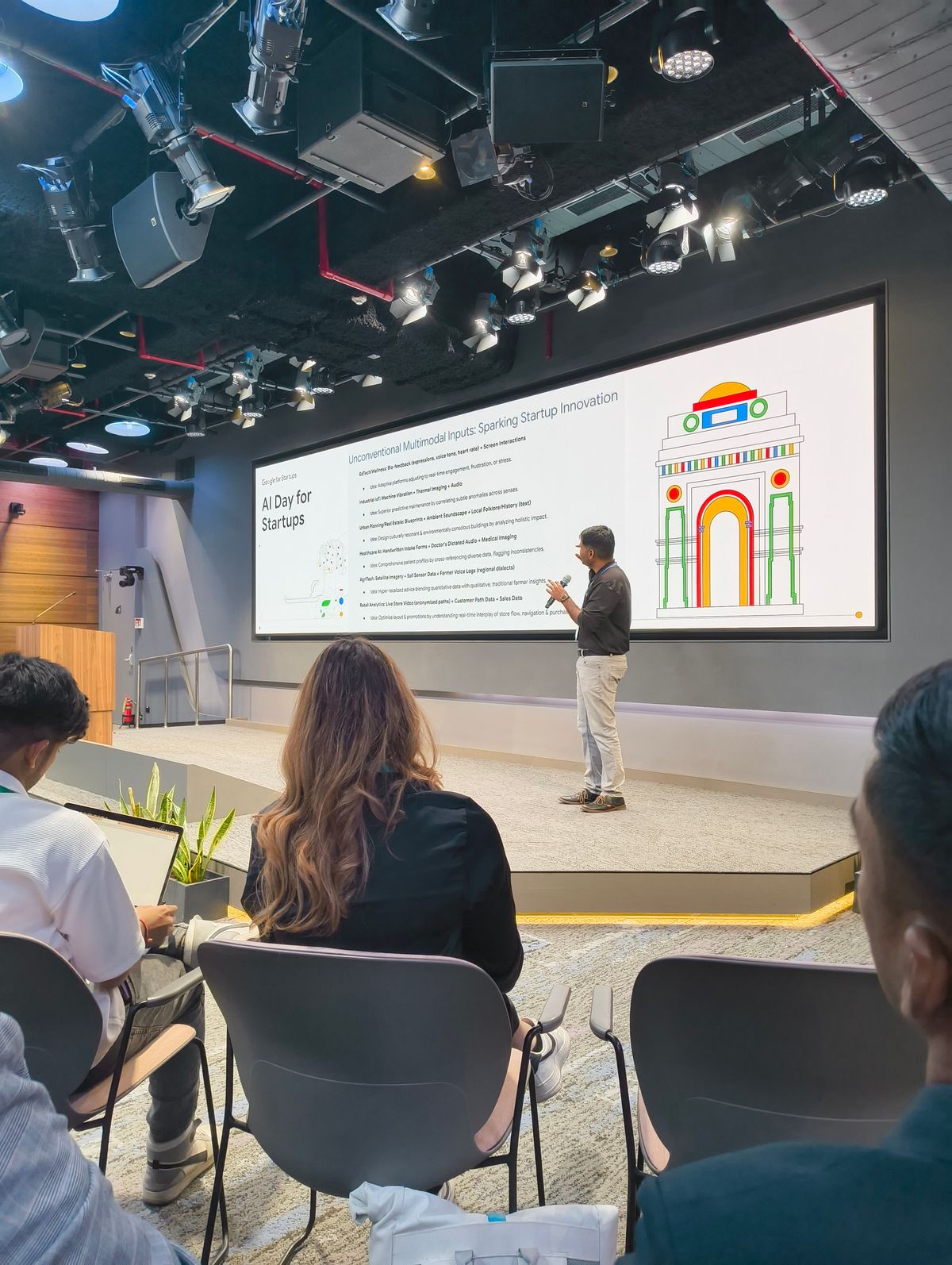Is choice good

Too Many Options, Too Few Good Ones: The Paradox of Choice in Modern Life
Yesterday I went to the Google AI Day where the startups I met a lot of pre-seed startups.
One of the conversations was about the plethora of options that we have these days but the quality and credibility is missing. By giving a hands on session on its applications that's what even Google is trying to do. Here are some thoughts on the same.
In today’s world, we live amid an overwhelming abundance of choice. Whether it's deciding what to watch on Netflix, which health supplement to buy, or which career path to pursue, we are constantly navigating a landscape flooded with options. At first glance, this seems like progress — a sign of innovation, freedom, and prosperity. But a deeper look reveals a troubling truth: while the number of options has skyrocketed, the number of good options has not kept pace.
The Illusion of Abundance
The internet and globalization have democratized access to goods, services, and information. Want a project management tool? There are hundreds. Looking for a new diet? Dozens of influencers and “experts” offer conflicting advice. Shopping for a smartphone? Choose from budget to luxury, Android to iOS, and everything in between.
But here’s the catch. The majority of these options are copies, clutter, or compromises. Many products offer similar features, poorly executed. Many services make bold claims but under-deliver. The signal-to-noise ratio is alarmingly low, and the energy it takes to sift through the noise is exhausting.
The Paralysis of Choice
Psychologist Barry Schwartz coined the term "paradox of choice" to describe how too many options can actually lead to anxiety, indecision, and dissatisfaction. When faced with a sea of similar offerings, we second-guess our decisions, fearing that we missed out on a better one. Worse, we may not choose at all.
This abundance of mediocre options erodes trust. We become skeptical, cynical even. Reviews are manipulated. Influencer recommendations feel staged. Trial-and-error becomes the default strategy, and time becomes the biggest cost.
Quality is the New Scarcity
In a world of endless offerings, true quality stands out — and that makes it rare. A product that just works, a service that delivers exactly what it promises, or an idea that cuts through the noise — these are becoming the exceptions, not the rule.
Good options demand thoughtfulness. They require creators and businesses to say no more often than yes, to focus rather than expand, to obsess over user experience rather than trends. Ironically, in this age of plenty, excellence has become the luxury.
How to Navigate the Noise
So how do we cope with this paradox?
- Define your criteria clearly. Know what you value before you start browsing. This sharpens your filter.
- Look for creators, not marketers. Seek out brands and people known for craftsmanship and care.
- Embrace simplicity. Often, the best option is the one that’s least flashy but most consistent.
- Trust your intuition. Sometimes the right choice just feels right — don't over-rationalize it away.
Conclusion
The modern world offers us a buffet of choices, but most of it is filler, not food. More options don’t always mean better outcomes. In fact, they often dilute focus, waste time, and leave us feeling less satisfied. In such a world, the ability to spot, create, and appreciate good options — the truly valuable, honest, and high-quality ones — is not just a skill it's a superpower.
At MonitorExam we are building a solution which ensures quality. We have outcome based charging options, and our customer support is world class.
